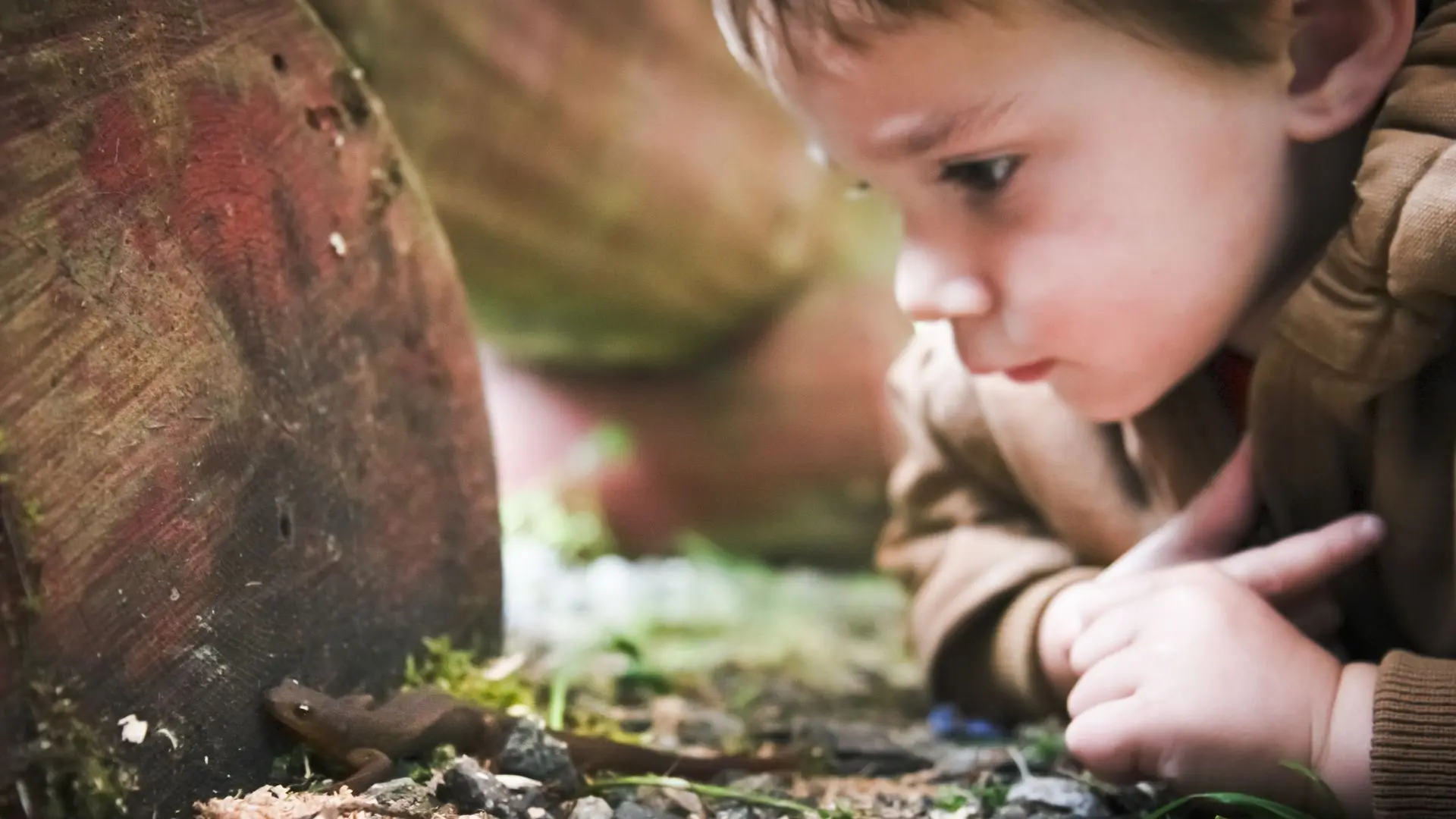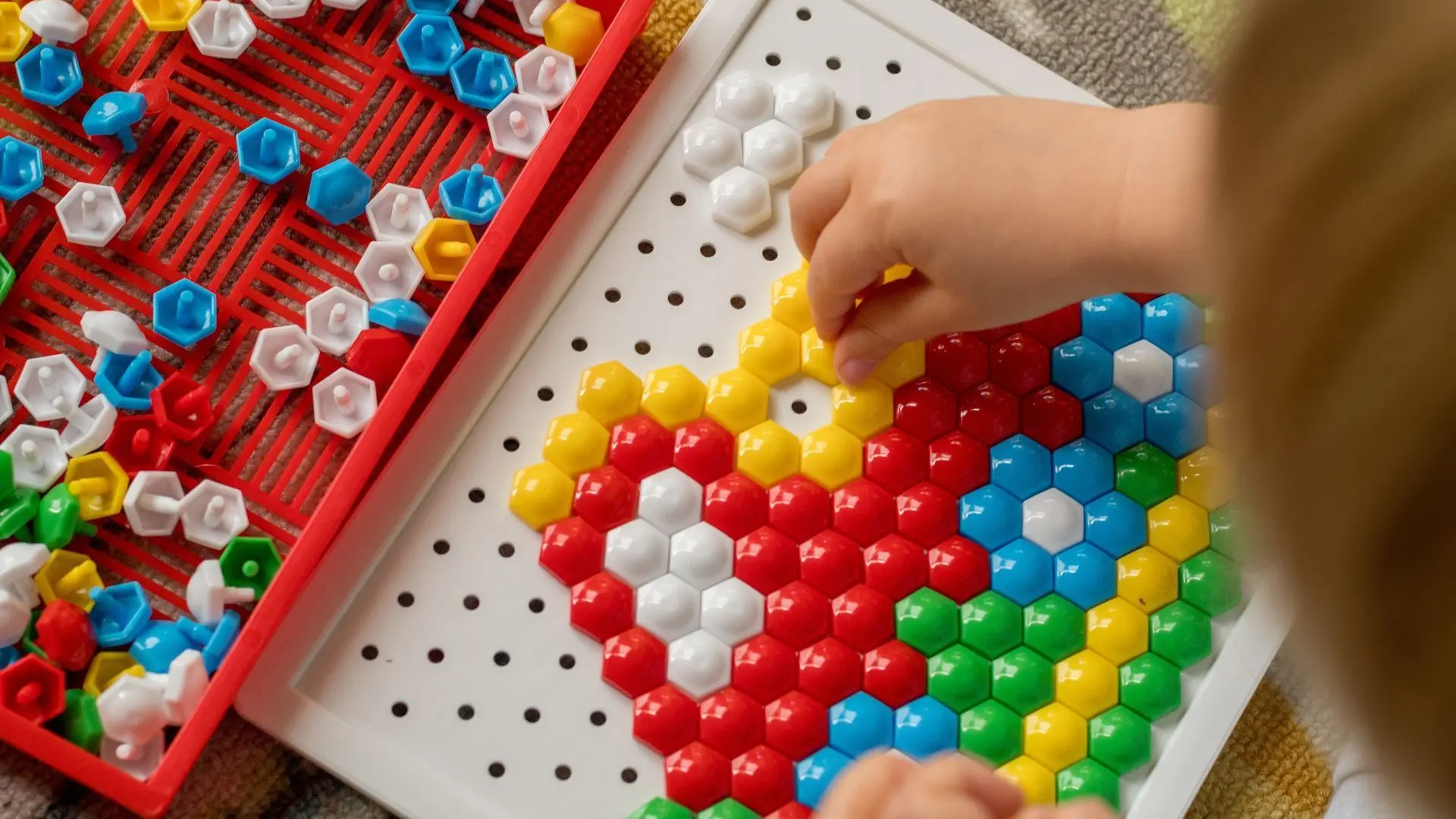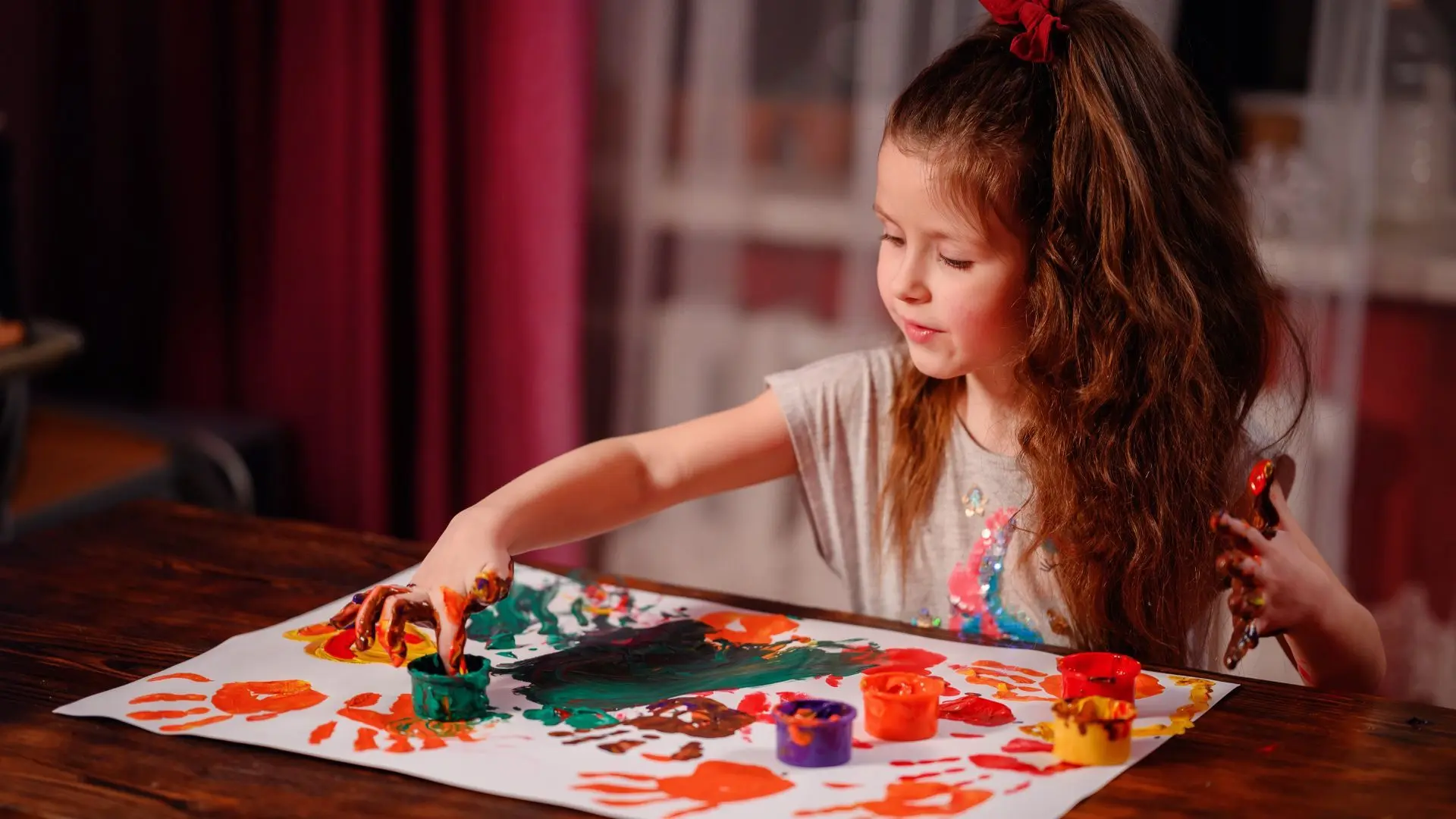Empower your preschooler with our Next-Level Parenting Tips for Preschoolers. Explore creative techniques to support your child’s development and strengthen your bond.

Are you ready to take your parenting game to the next level? In this blog post, we’ll explore advanced parenting tips for preschoolers that go beyond the basics. From fostering independence to promoting emotional intelligence, get ready to unlock the full potential of your preschooler. As a parent, you know that guiding your child through their early years is a journey filled with both joys and challenges. By implementing these next-level parenting strategies, you’ll not only support your child’s development but also enhance your bond with them. So, let’s dive in and discover how you can empower your preschooler to thrive in every aspect of their young lives.
Here are 7 game-changing Parenting Tips for Preschoolers
Tip 1: Encourage Independent Exploration

Encouraging independent exploration is a crucial aspect of parenting preschoolers. As they embark on their journey of self-discovery, fostering independence in your child lays a strong foundation for their future growth and development. Providing opportunities for independent play and learning not only boosts their confidence but also enhances their problem-solving skills. Allow your preschooler to choose their toys or activities, encouraging them to make decisions and explore their interests. For example, setting up a “discovery corner” with age-appropriate toys and books allows your child to engage in independent exploration while you observe from a distance. By embracing positive discipline techniques and offering gentle guidance, you can nurture their independence while fostering a supportive environment for their journey of discovery.
Tip 2: Cultivate Emotional Intelligence

Cultivating emotional intelligence in preschoolers is essential for their overall development. By understanding and managing their emotions, children can navigate social interactions, handle challenges, and build healthy relationships. Emotional intelligence lays the groundwork for success in both academic and personal spheres. To help your preschooler develop emotional intelligence, engage in open conversations about feelings and emotions. Encourage them to express themselves and validate their emotions, even if they’re negative. Teach them simple techniques, such as deep breathing or counting to ten, to manage strong emotions like frustration or anger. By practicing positive discipline techniques, modeling healthy emotional expression yourself and following parenting tips for preschoolers, you can empower your child to navigate their emotions effectively and thrive in various aspects of their lives.
Tip 3: Foster Critical Thinking Skills

Fostering critical thinking skills in preschoolers is paramount for their cognitive development. Parenting tips for preschoolers stress the importance of nurturing these skills early on. Critical thinking enables children to analyze, evaluate, and solve problems effectively. By engaging in activities and games that promote problem-solving and decision-making, parents can support their child’s cognitive growth. For instance, playing simple puzzles or board games encourages preschoolers to think critically and strategize. Encourage your child to ask questions, explore different solutions, and think creatively. Through positive discipline techniques, such as providing gentle guidance and encouragement, parents can foster a supportive environment for their child’s critical thinking journey.
Tip 4: Promote Creativity and Imagination

Promoting creativity and imagination in preschoolers is vital for their overall development. Parenting tips for preschoolers emphasize the role of creativity in sparking curiosity, fostering problem-solving skills, and enhancing self-expression. Encouraging imaginative play, such as building forts or pretending to be characters from a favorite story, allows children to explore new ideas and concepts. Additionally, incorporating creative activities into daily routines can nurture your child’s creativity. For example, include art projects like painting or crafting into your child’s schedule, providing them with opportunities to express themselves creatively. Parent resources for preschoolers, such as online tutorials or local art classes, can also offer inspiration and support for fostering creativity at home.
Tip 5: Strengthen Communication Skills

Strengthening communication skills in preschoolers is crucial for their development and future success. Parenting tips for preschoolers underscore the importance of effective communication in building strong relationships, expressing needs, and navigating social interactions. Encouraging your child to engage in conversations, both with adults and peers, fosters language development and enhances their ability to articulate thoughts and feelings. Reading books together and discussing the stories can also improve vocabulary and comprehension skills. Additionally, providing opportunities for your child to express themselves through art, music, or dramatic play can further strengthen their communication abilities. By nurturing communication skills during the toddler age range, parents lay a solid foundation for their child’s future communication proficiency and academic achievement.
Tip 6: Establish Healthy Habits

Establishing healthy habits early on is essential for the overall well-being of preschoolers. Parenting tips for preschoolers stress the significance of laying the foundation for healthy eating, sleeping, and hygiene routines. By instilling these habits during early childhood, parents promote lifelong wellness and prevent health issues. Providing balanced meals with plenty of fruits, vegetables, and whole grains introduces toddlers to nutritious foods and encourages healthy eating habits. Creating a consistent bedtime routine helps preschoolers get the sleep they need for optimal growth and development. Additionally, teaching proper hygiene practices, such as handwashing and dental care, fosters good health habits from an early age. Incorporating toddler food ideas and nutrition education into daily routines ensures that preschoolers receive the nutrients they need to thrive physically and mentally.
Tip 7: Embrace Positive Discipline

Embracing positive discipline techniques is key to fostering a supportive and nurturing environment for preschoolers. Parenting tips for preschoolers emphasize the importance of using positive reinforcement and effective discipline strategies to guide children’s behavior. Instead of focusing solely on punishment, positive discipline encourages parents to reinforce positive behaviors through praise and rewards. For example, praising your child for sharing toys with a friend or using kind words promotes the repetition of desirable behaviors. Additionally, setting clear expectations and providing gentle guidance help preschoolers understand boundaries and consequences positively. By implementing positive discipline for preschoolers, parents can create a harmonious and respectful relationship with their children while nurturing their social and emotional development.
Conclusion
In conclusion, implementing these key parenting tips for preschoolers can make a significant difference in your child’s development and your relationship with them. By fostering independence, promoting emotional intelligence, and encouraging creativity, you lay a strong foundation for their future success. Remember to communicate openly with your child, set clear expectations, and provide positive reinforcement to guide their behavior effectively. Consistency is key, so strive to implement these strategies with confidence and persistence. As you navigate the journey of parenting a preschooler, continue to explore new ways to support their growth and development. Together, you and your child can embark on an enriching journey filled with love, learning, and laughter.
You may also be interested in : 7 Fun and Creative Toddler Food Ideas: Even Your Little Chef Can Help With